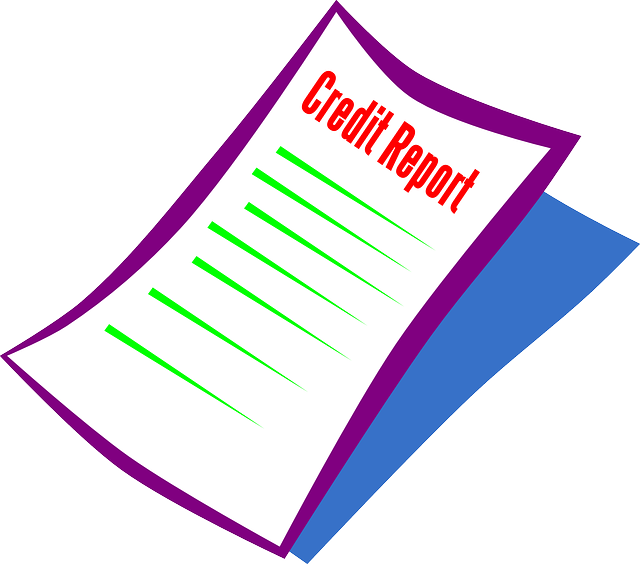I'm sure you've all seen the TV commercials advertising free credit reports. The truth is that most of these are actually trying to sell credit monitoring services, and require a credit card number and your personal information before letting you see your report. What this does is sign you up for a free trial membership to credit monitoring, and unless you promptly cancel, your credit card can be charged a monthly membership fee.

Fortunately, there is a way to actually obtain your free credit report with no strings attached. Many people don't know this, but you are legally entitled to a free copy of your credit report from each of the three major credit reports once a year, and without going through a third-party service. Here's how to do it, and the best way to use this to your advantage.
How to get your reports
The three major credit bureaus (Equifax, Experian, and TransUnion) have joined forced and set up a centralized website where you can request any or all of your credit reports. There are also phone and mail request options, and they are listed here if you would be more comfortable going that route.
Under the Fair Credit Reporting Act (FCRA), you are entitled to one free copy of each credit report once a year, at a time of your choosing. Websites other than the one linked above are not part of the legally mandated free report program, and are likely trying to sell you their services.
The Federal Trade Commission (FTC) has an informational page that details more about the legalities and the process for obtaining your report.
You might even be able to get more than one per year
Also part of the FCRA, there are some other reasons you might be entitled to a free copy of your report, even if you've used your annual freebie.
The main reason is if you've been denied credit or employment within the past 60 days because of information contained in your report. If you are denied for credit, you should receive a notice with the name of the credit bureau whose report was a deciding factor.
You're also entitled to one free copy per year if you're employed and planning to look for work in the next 60 days, if you are on welfare, or if your report has incorrect information due to fraud or identity theft.
Alternate your reports for the best results
If you suspect that you might be the victim of identity theft, or if you're getting ready to apply for a mortgage or car loan, go ahead and request all three of your credit reports at the same time.

Otherwise, it's best to stagger the reports throughout the year. If you time it correctly, you should be able to request a new credit report once every four months.
This effectively creates your own credit monitoring service that's truly free. It's the best way to stay on top of your credit, making sure your information is being reported accurately and that no credit-related activity is taking place in your name without your permission.
How to use the reports
If you are just requesting your annual credit report to do a general checkup, take a few minutes to go through it and ensure all of the information is accurate. This means your personal information as well as the information about individual accounts.
Also check for any outdated negative information. Most adverse credit information has to be removed from your report once seven years have passed since the account in question first became delinquent.
If you find any inaccuracies or outdated information, you'll want to immediately file a dispute with the credit bureaus. You'll need to do this individually for each bureau, and you can dispute inaccurate information right on the websites of Experian, Equifax, and TransUnion.
You might need a monitoring service at some point
While your free credit report is useful for checking your information, it's not the best way to accurately determine your own creditworthiness if you're getting ready to apply for a loan.
Lenders generally use a credit scoring model instead of reading through your entire credit report, and most lenders use the FICO model. You can buy your actual FICO score at myfico.com, and be aware that other sites will sell you other scoring models, most of which are not very useful at all.
So, definitely take advantage of the free credit reports the law entitles you too, but when you're preparing to make a major purchase like a house or new car, it may be in your best interest to actually pay the $20 or so to get your credit score.